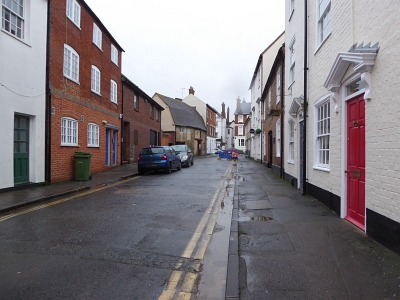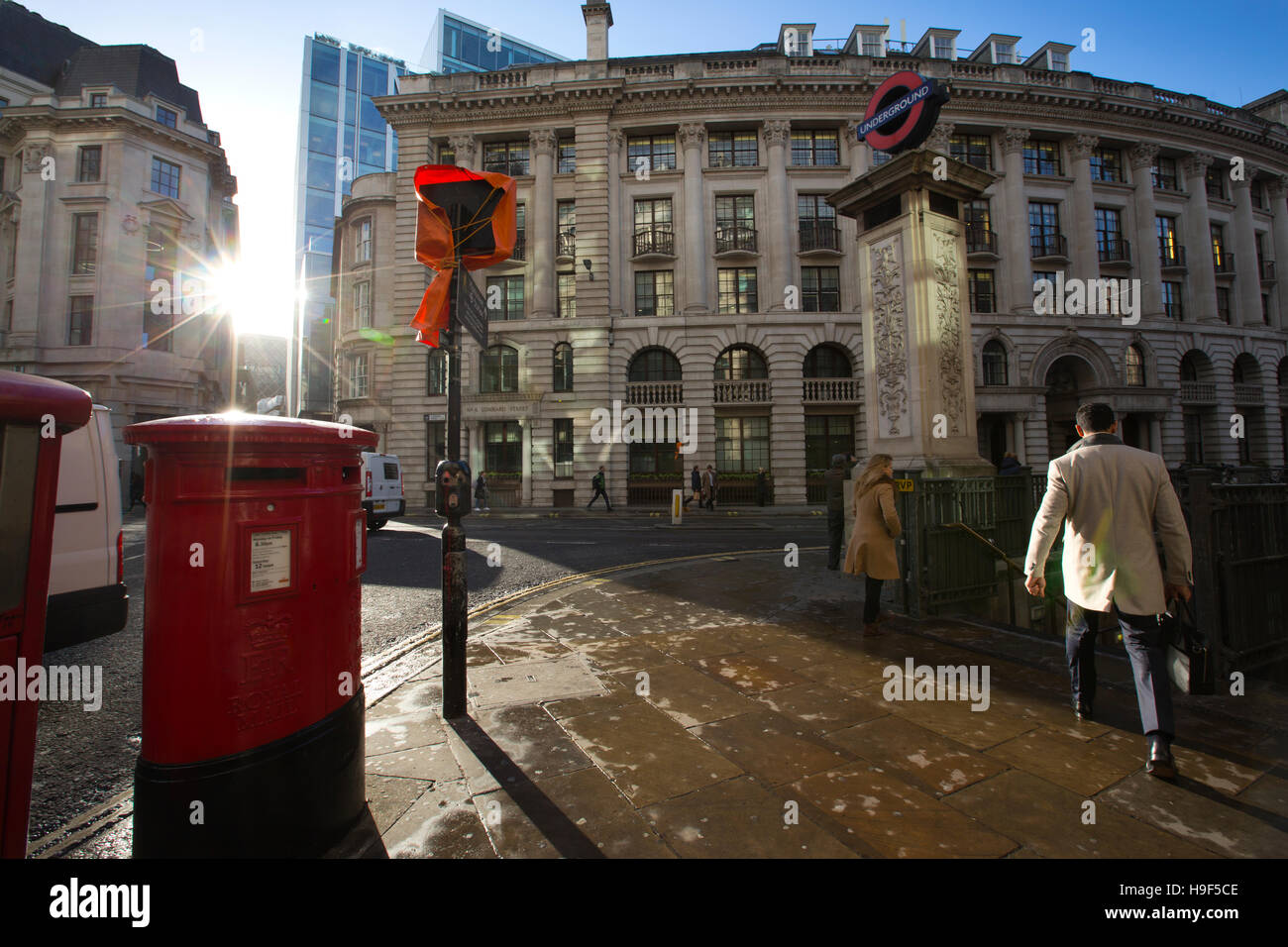
Bagehot gives a lot of insight and praise into its conservative governorship, but suggests it be even more conservative. The Bank of England was the bedrock of the system, and it typically kept a very large reserve as a result. The Act also created a fractional reserve banking system in the U.K., with no required reserve ratio. In 1844, Parliament gave the Bank of England exclusive authority to issue notes (ie: currency), so long as they were 100% backed by gold (a rule the Bank could suspend during a crisis).

The Bank of England held deposits from all the other banks on Lombard Street as well as the British Exchequer, and foreign governments. It had a rotating presidency and governorship (which Bagehot actually recommends eliminating for a permanent governor and vice-governor) who seemed to run the bank well and rather conservatively. The Bank of England was privately owned and operated by a large board of executives from various types of industry. But risk is inherent: "The peculiar essence of our banking system is an unprecedented trust between man and man: and when that trust is much weakened by hidden causes, a small accident may greatly hurt it, and a great accident for a moment may almost destroy it."England had recently (1866) gone through a panic very similar to our recent financial crisis, the Overend Gurney crisis, where some very large players dealing with risky schemes and assets went bust and triggered a panic, handled controversially by the Bank, which suspended payments as the system collapsed.Bagehot on Overend, Gurney, and Co.: "(T)hese losses were made in a manner so reckless and foolish, that one would think a child who had lent money in the City of London would have lent it better."The Bank hasn't always done a bad job of being the lender of last resort, and Bagehot gives a good bit of interesting history. The capital had done wonders for British industrial development, as a properly functioning financial market is necessary for any advanced country.



(Known deposits in London in 1873 were 120,000,000 pounds, while New York was next with the equivalent of 40,000,000 pounds). Bagehot influenced those who would later create the Federal Reserve.Bagehot is examining the British financial system, then the biggest and most well-capitalized in the world. This is on Ben Bernanke's short-list of recommended books, and he quotes Bagehot often. Lombard Street: A Description of the Money Market by Walter Bagehot (1873, reprinted by Project Gutenberg).This is the original book about bank runs, financial crises, and the role of a central bank.


 0 kommentar(er)
0 kommentar(er)
